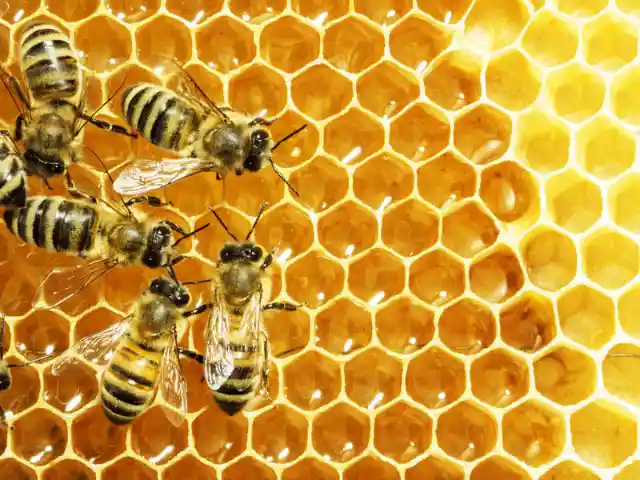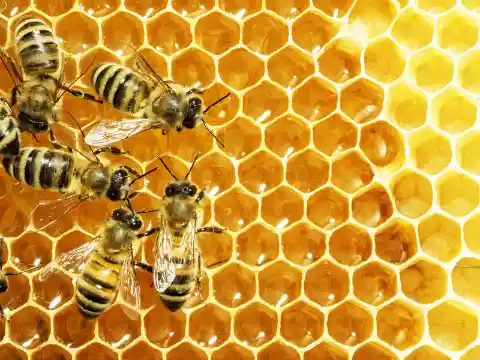A study by zoologists based at the University of Cologne has shown that insects can solve simple math problems.


The team, headed by Professor of Zoology, Dr Martin Paul Nawrot, and doctoral student Hannes Rapp presented data in iScience that indicates that honeybees and other insects can effectively count objects.
The bees could look at objects and determine if one set was numerically larger than another. This 'numerical cognition' was demonstrated when a bee recognized that a group of 6 objects was greater than a group of 4.
New Knowledge About Busy Bees
The researchers are keen to look at how a neuronal network that allows this is formed.


Earlier research stated that in order for a creature to show this level of cognition that there would have to be a circuit of four neurons to enable an understanding of concepts like, 'zero, 'more than', and so on.
However, the computer model developed by Nawrot and his team seems to suggest that only one neuron is needed and that an extremely simple neural network can be trained to identify and carry out tasks involving numerical cognition.